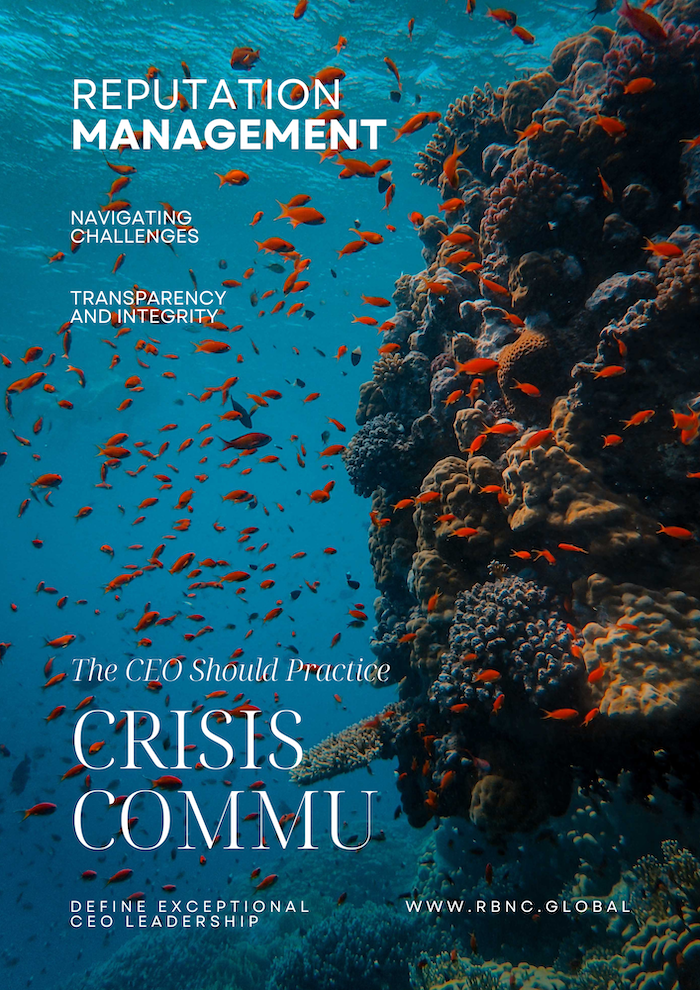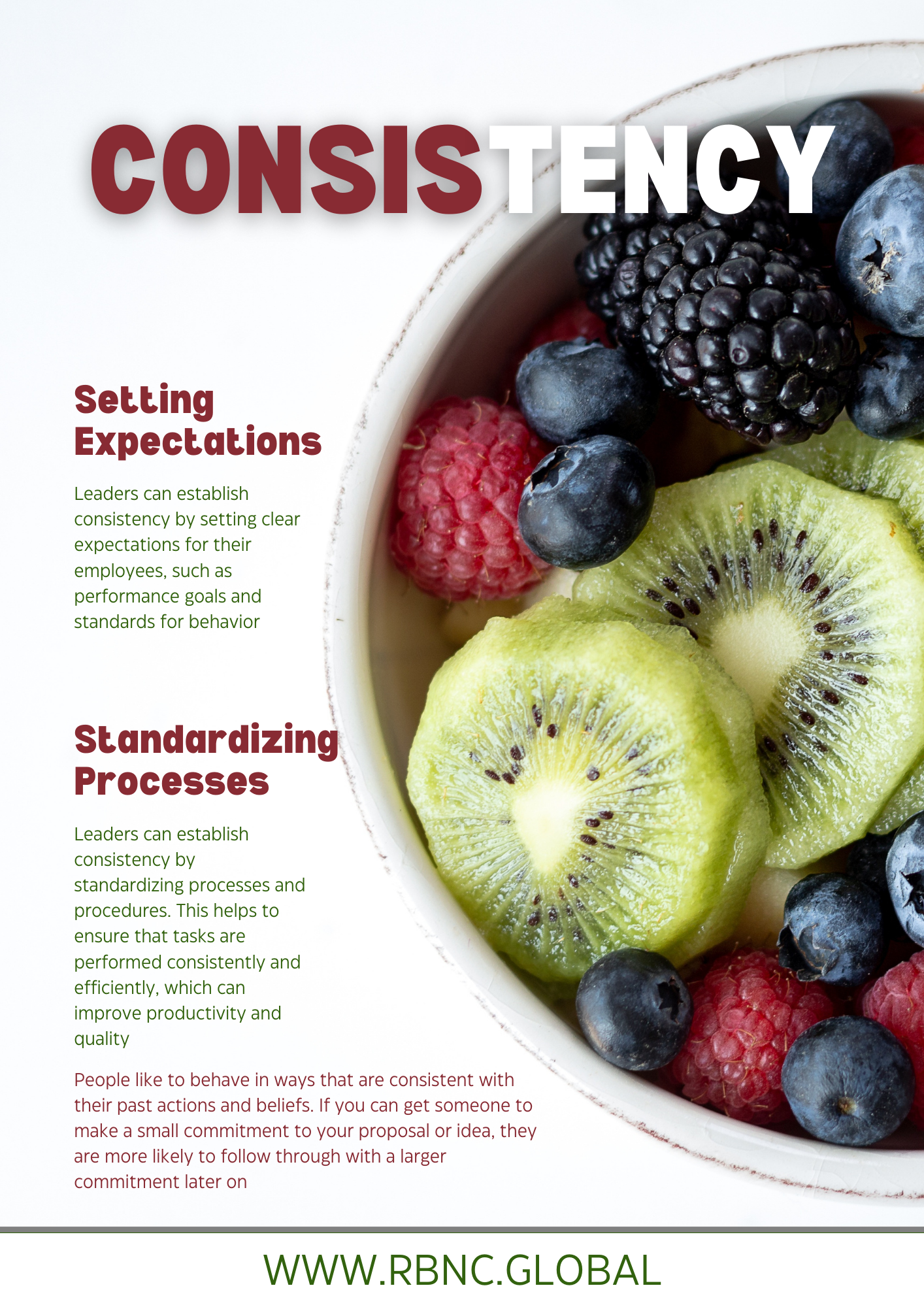Eight Essential Skillsets for C-Suite Executives
C-suite executives have always played a critical role, but the rapidly changing world demands a new breed of leader. Gone are the days of relying solely on traditional leadership traits. Today's executives need a powerful mix of these time-tested qualities and forward-thinking skills to navigate their companies through an ever-evolving environment.
Here are the eight essential skillsets that will equip C-Suite leaders for the future:
1. Tech-Savvy Leadership for the Digital Age
- Digital Fluency: Understanding cutting-edge technologies like AI, machine learning, and blockchain is crucial. These advancements are the engines of innovation, and leaders must be comfortable with them.
- Data-Driven Decisions: Big data holds immense strategic value. Executives must be able to analyze it to predict trends, optimize operations, and personalize the customer experience.
- Cybersecurity Champion: Prioritizing cybersecurity safeguards the organization's digital assets and data. This includes understanding potential threats and implementing robust security measures.
2. Navigating Change with Agility and Innovation
- The Adaptable Leader: Market shifts, economic fluctuations, and unforeseen crises all demand swift action. Leaders must be flexible and prepared to adjust strategies when necessary.
- Innovation Catalyst: Fostering a culture of innovation is key. Encourage creativity and experimentation within your organization. Support R&D and integrate fresh ideas seamlessly into your business practices.
- Long-Term Visionary: While focusing on short-term goals is important, don't lose sight of the bigger picture. Executives need to anticipate future challenges and opportunities, ensuring the organization is prepared for what's to come.
3. Leading with Emotional Intelligence and Empathy
- The Empathetic Leader: Understanding and addressing employee needs fosters a supportive work environment that boosts morale and productivity.
- Building Relationships: Strong communication and interpersonal skills are essential for managing diverse teams and fostering effective collaboration.
- Cultural Competency: Sensitivity to cultural differences allows for smooth management of global teams. Promoting diversity, equity, and inclusion initiatives is crucial in today's world.
4. Sustainability and Social Responsibility: Leading with Purpose
- Sustainability Champion: Integrate sustainable practices into your business model. Focus on reducing your environmental impact and actively promote green initiatives.
- Ethical Governance: Ensure your organization operates with integrity and transparency. Adherence to strong ethical standards builds trust with stakeholders.
- Community Engagement: Building strong relationships with local communities and contributing positively through CSR programs demonstrates your commitment to social responsibility.
5. Resilience: Steering Through Challenges
- Crisis Navigator: Experience in managing crises, from natural disasters to economic downturns, is essential. Leaders need to remain calm under pressure and guide their organizations through difficult times.
- Building Resilience: Develop systems and processes that enhance your organization's ability to weather storms. This includes financial stability, robust supply chains, and well-defined contingency plans.
- Proactive Risk Management: Identify potential risks before they become problems. Implement strategies to mitigate them and safeguard your organization.
6. Putting the Customer First
- Customer-Centric Focus: Prioritize customer satisfaction and loyalty by understanding and fulfilling their needs. Utilize technology to enhance customer interactions.
- Building a Strong Brand: Consistent and positive customer experiences are the foundation of a strong brand reputation.
- Market Savvy: Staying informed about market trends and consumer behavior allows you to anticipate changes and adapt your strategies accordingly.
7. Financial Acumen: Making Smart Decisions
- Financial Expertise: A strong understanding of financial principles is essential for effective financial management. This includes budgeting, forecasting, and financial analysis.
- Investment Savvy: Identify and capitalize on investment opportunities that align with your company's strategic goals.
- Performance Measurement: Utilize key performance indicators (KPIs) to measure and drive organizational performance.
8. Transparent Communication and Stakeholder Engagement
- Clear Communication: Open and transparent communication with employees, customers, investors, and other stakeholders builds trust and fosters engagement.
- Stakeholder Management: Building and maintaining strong relationships with key stakeholders ensures their needs and expectations are met.
- Reputation Management: Proactively manage your company's reputation through strategic public relations and communication efforts.









